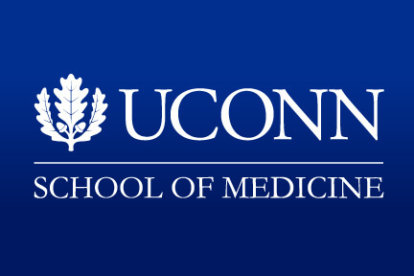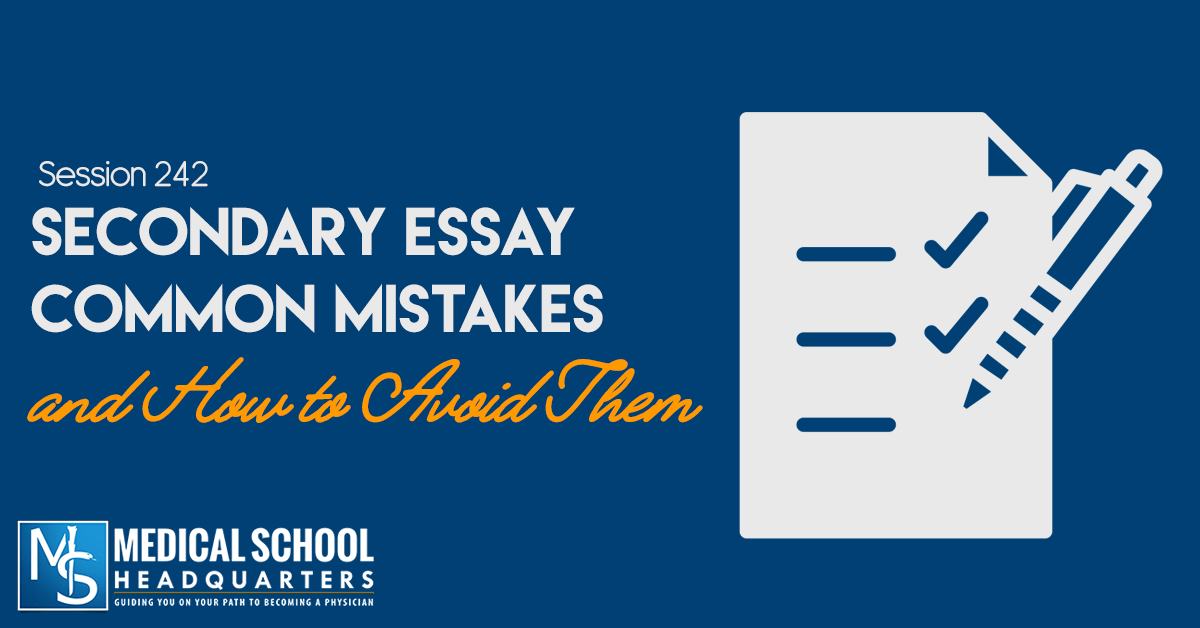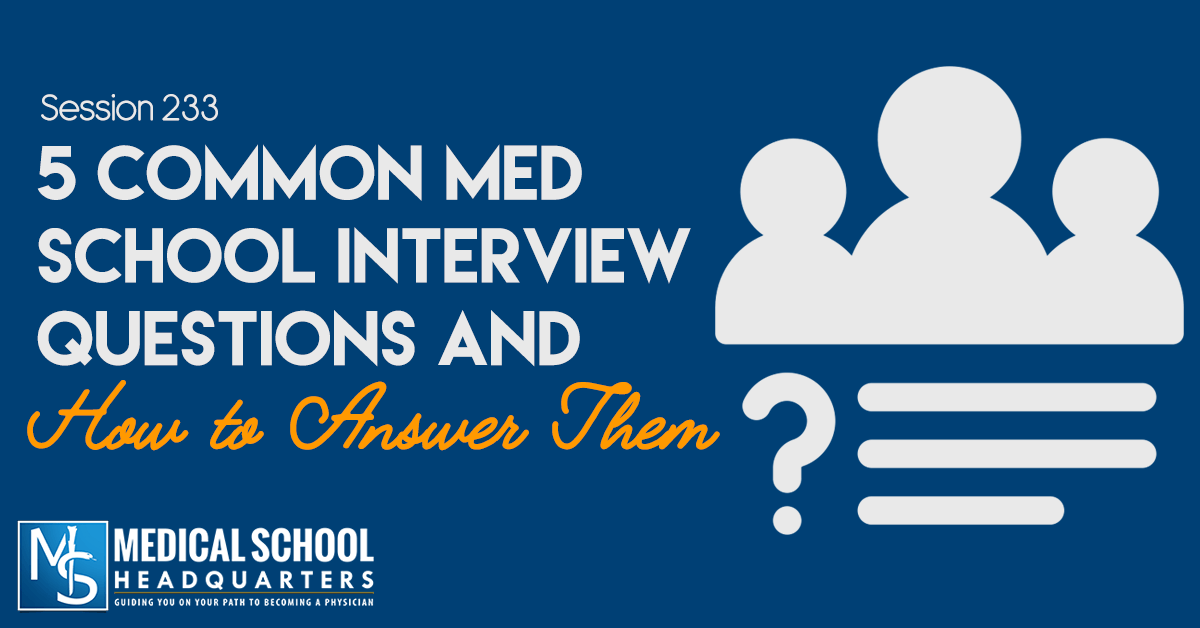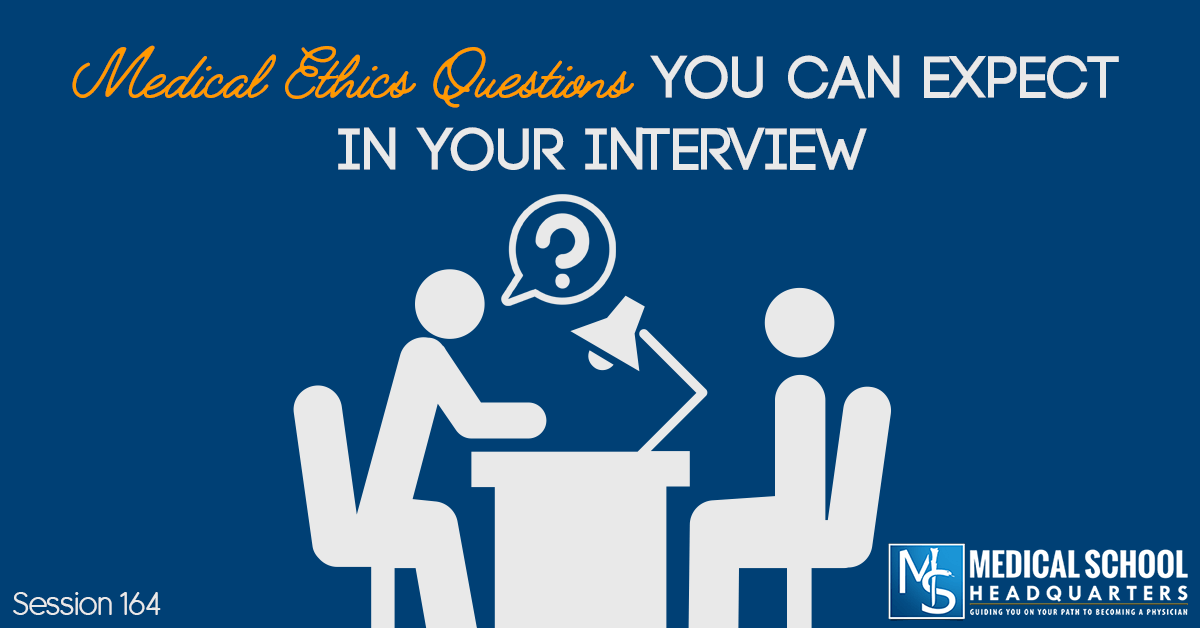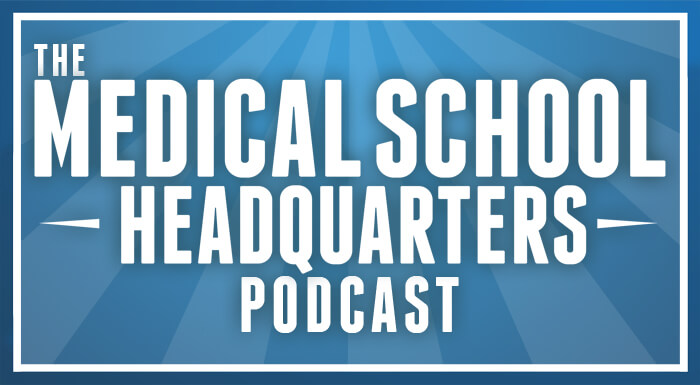University of Connecticut Secondary Essay Prompts
(If you have updated prompts, please submit them at updatesecondaries.com)
Prompts have been updated November 2023. (Older essays, if available are below)
Prompts
- Highlight your experiences in the healthcare field. What insights have you gained about potential problems you will face as a physician? (1800 characters)
- How will the University of Connecticut School of Medicine best serve your needs of becoming a physician or physician scientist? (1800 characters)
- The University of Connecticut School Of Medicine realizes that each applicant brings a unique perspective from a broad range of experiences that have been influential in leading to a career in medicine. How will your own life experiences and unique identity enhance the UConn SoM classroom and community? (1800 characters)
Primary Deadline: Usually around Nov 15th
Secondary Deadline: Usually around Dec 31st
Secondary Fee: $85
FAP Waiver: Full Fee Waived
Casper Required: No
PREview Required: No
Screens Applications: No
Accepts Application Updates: Yes, Post Interview
University of Connecticut School of Medicine Mission:
The primary mission of the UConn School of Medicine is innovation, discovery, education and service. The school trains the next generation of medical students, residents, specialty fellows, and clinical practitioners in an environment of exemplary patient care, research, and public service. The School of Medicine’s mission is reflected in its programs, which incorporate four basic interrelated goals:
- to advance knowledge through basic, biomedical, clinical, translational, behavioral, and social research;
- to provide educational opportunities for Connecticut and U.S. residents pursuing careers in the patient care professions, education, public health, biomedical and/or behavioral sciences;
- to develop, demonstrate, and deliver health care services based on effectiveness, efficiency, and the application of the latest advances in clinical, translational and health care research;
- to help health care professionals maintain their competence through continuing education programs.
University of Connecticut School of Medicine Vision:
The vision of the School of Medicine is “excellent care through research, education, and engagement”. Scientifically adept and empathetic physicians provide the best care because of the skills and best-practice management they provide.
Research, the discovery of new knowledge, is a key component of our physicians, as we believe physicians are scientists. Physicians need to appreciate the art of practicing medicine.
Education of physicians is our reason for being. The educational experience in the SOM is both student- and patient-centered. Students meet their first patient on the first day of school and are involved in longitudinal care of patients with a primary care physician with half-day sessions in a community practice. Our curriculum is designed to produce physicians dedicated to superior patient care, service to community, and scientific inquiry.
Engagement, the understanding of diversity and inclusion, lies at the heart of empathy. Empathy and understanding the cultural background of individuals is important for physicians. Students are admitted not just on their academic standing, but also on their extracurricular activities and achievements. The practice of medicine needs skilled, well-rounded physicians who can relate to their patients, not just as practitioners and caregivers, but also as people.
Older Essays:
- Highlight your experiences in the health care field. What insights have you gained about potential problems you will face as a physician? (1800 characters)
- How will the University of Connecticut School of Medicine best serve your needs of becoming a physician or physician scientist? (1800 characters)
- Please take a moment to explain how the COVID-19 pandemic directly and personally affected you as it pertains to preparing for medical school. (e.g. MCAT test date delay, financial impact, research/clinical experiences, self-quarantine, etc.). (1800 characters)
